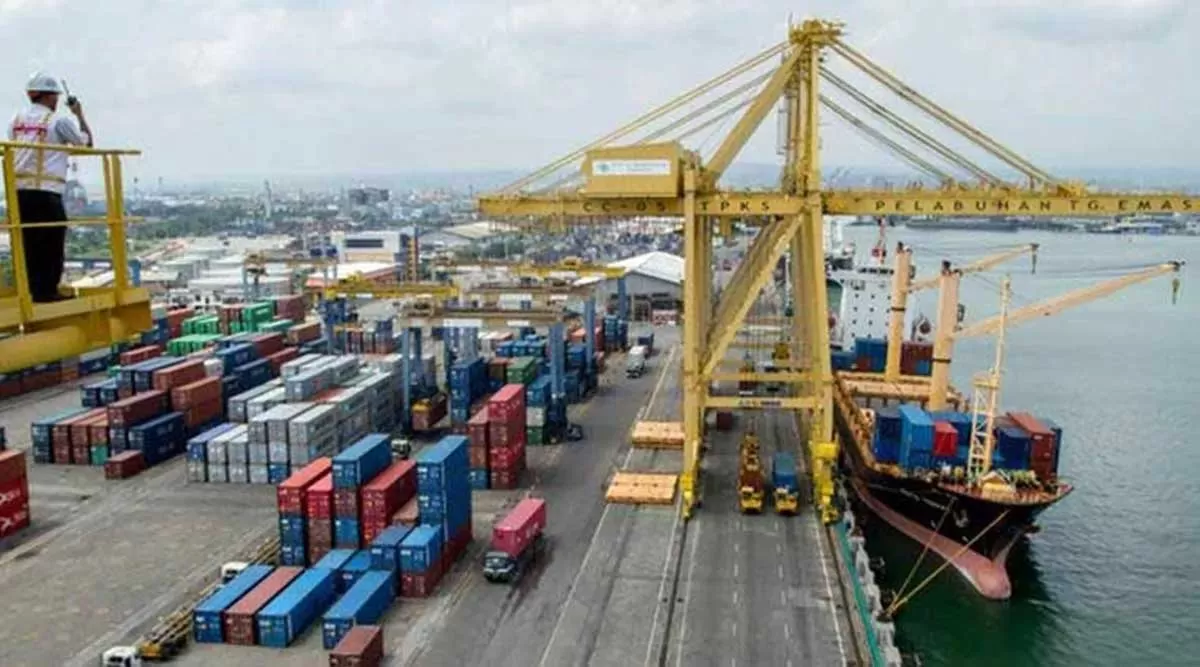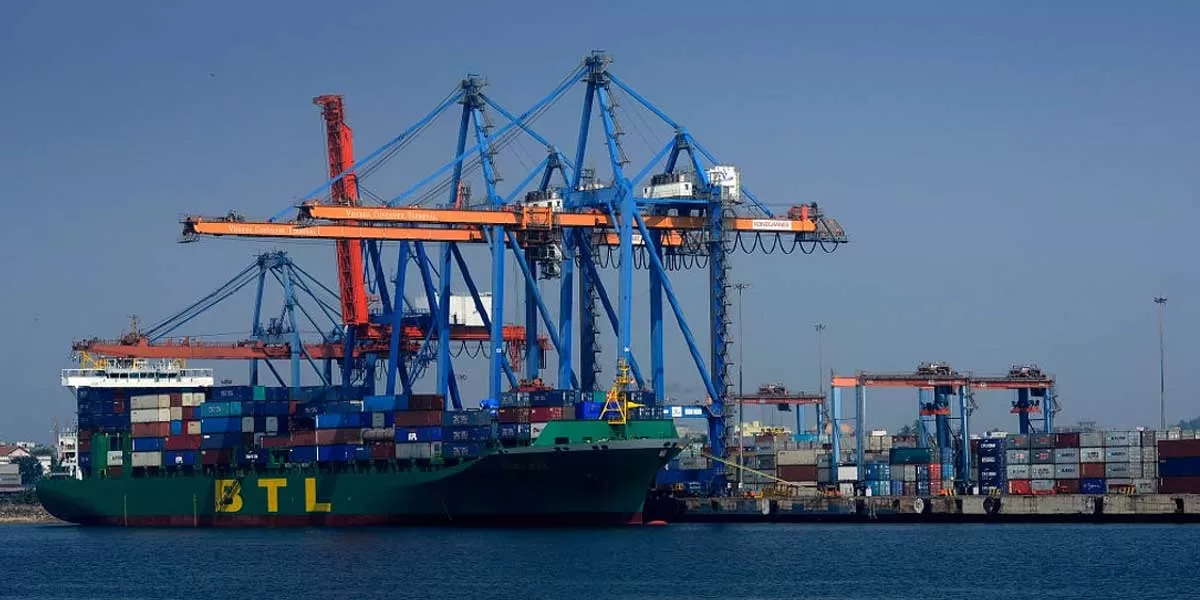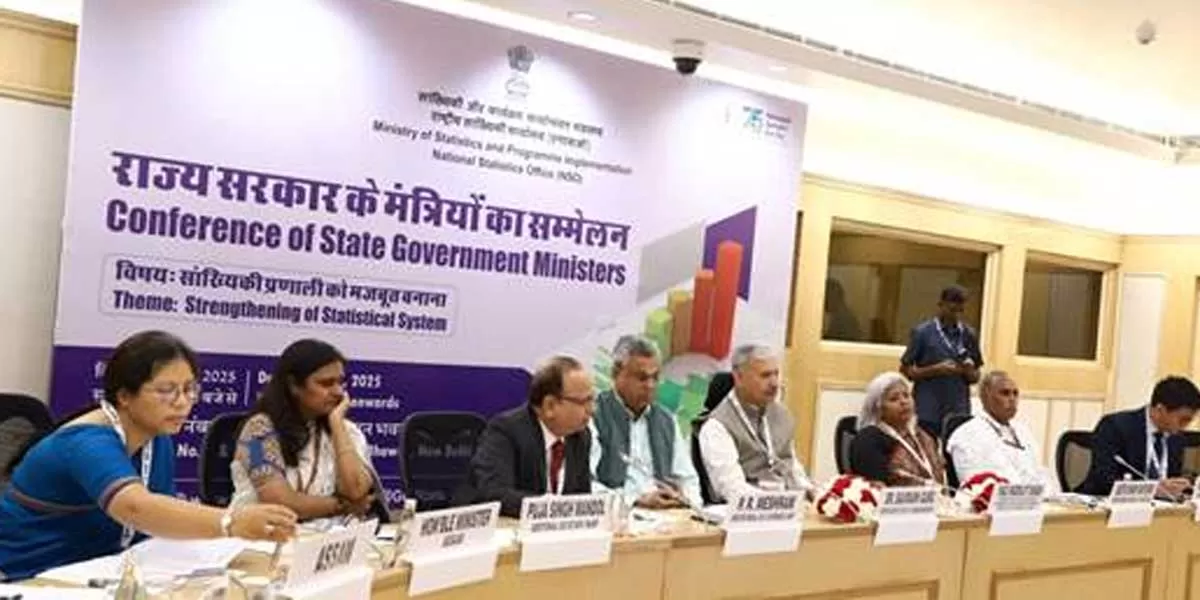
India's Coal Imports Decline By 3.1% In April-October FY25

Sagarmala Drives Port Upgrade with Rs 2.91 Trillion Projects
Under the Modernisation pillar of the Sagarmala Programme, the Ministry of Ports, Shipping and Waterways has undertaken 234 projects worth approximately Rs 2.91 trillion across India’s coastal states and Union Territories. These initiatives are implemented by a mix of central agencies, including the Indian Railways, Inland Waterways Authority of India (IWAI), state governments, and major port authorities. Of the total, 103 projects valued at around Rs 326 billion have been completed, while 56 projects worth nearly Rs 747 billion are currently underway. In Andhra Pradesh alone, several proje..

Port-Led Push: Major Cargo Growth & Inland Boosts
The Ministry of Ports, Shipping and Waterways has significantly ramped up efforts to boost India's maritime and inland waterway sectors through infrastructure development, modernization, and state collaboration. According to data presented by Union Minister Sarbananda Sonowal in the Lok Sabha, cargo throughput at major ports touched 819 million tonnes in FY24, while non-major ports recorded 724 million tonnes—together crossing the 1.5 billion tonne mark for the first time. India’s 12 major ports, under the Centre’s administrative control, have seen steady investment-driven growth. Mean..

Centre, States Push to Bolster Statistical Systems
The Ministry of Statistics and Programme Implementation (MoSPI), through the National Statistics Office (NSO), hosted a high-level “Conference of State Government Ministers on Strengthening of Statistical Systems” on 5 April 2025 at Vigyan Bhawan, New Delhi. The event brought together key stakeholders—including Union Minister Rao Inderjit Singh, state chief ministers, deputy chief ministers, planning ministers, and senior officials from across States and Union Territories (UTs)—to build a unified vision for improving statistical capacities across the country. The primary goal of the ..














